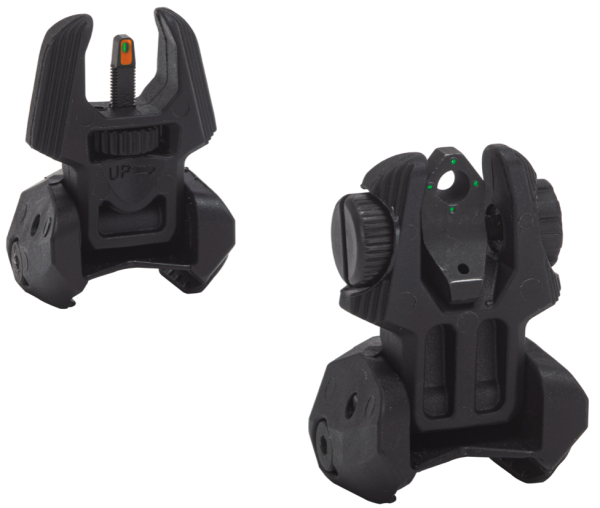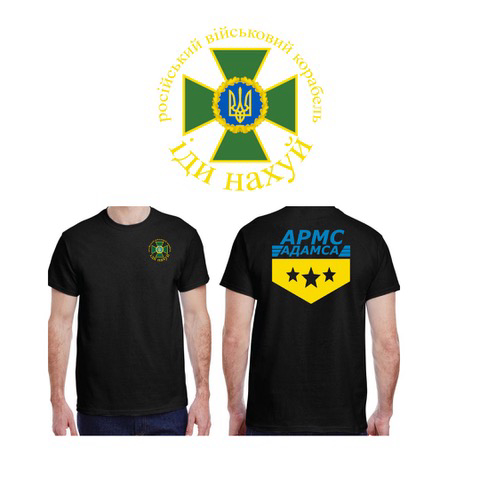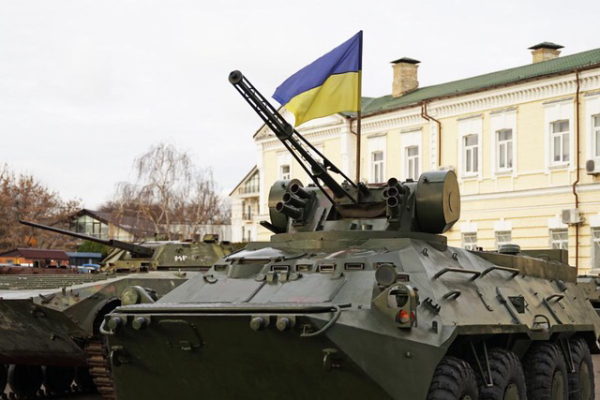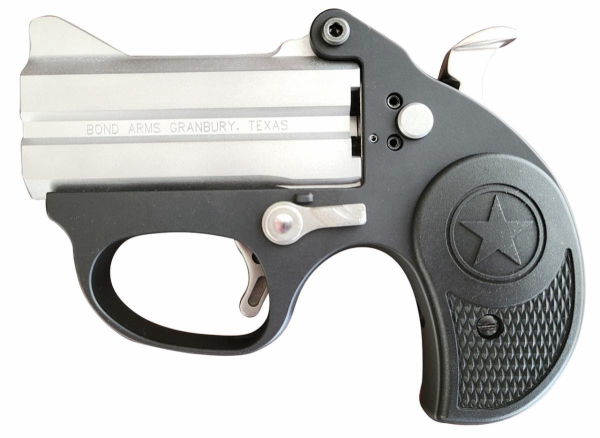From Jim Shepherd
The industry is continuing to step up its support of the Ukrainian people and their battle to repel a Russian invasion. For many, the fact the fight continues is surprising. Standard Russian military doctrine calls for overwhelming force mercilessly applied.
Instead, they’ve looked surprisingly ineffective. Despite the apparent reluctance to really apply their overwhelming force they continue slowly working their way across the country. They’re also destroying nearly everything in front of them.
Last week, Ammo, Inc. used board of directors member Richard Childress to publicize their support of one million rounds of ammunition to Ukrainian forces. It was the first public industry initiative to support the Ukrainian people. According to Childress, he was motivated after Ukrainian President Volodymyr Zelenskyy told UN officials he “didn’t need a ride, he needed ammunition.”
No word on whether Ammo, Inc.’s followed through on the pledge, but others are joining in.

Remington, CCI, Speer and Federal (top) have joined the Ukrainian support movement, pledging one-million rounds of ammunition. Adams Arms (bottom) is building rifles for the Ukraine in addition to selling support shirts via their website. Proceeds of the sale are going to the Ukrainian National Bank’s war fund.
Vista Outdoor’s Remington, CCI, Speer and Federal have now joined the support efforts, stepping up to donate a million rounds of ammunition to the Ukraine Armed Forces. That’s in addition to the ammunition already sold to the Ukrainian forces. They’re also selling tee shirts to support the Ukrainians with proceeds going to the Ukrainian Crisis Relief Fund of the Global Giving organization.
Ammunition, however, isn’t all the Ukrainian government’s hoping for. I have a copy of a “shopping list” sent from the Ukrainian State Border Guard on 24 February. It lists grenade launchers/grenades, projectiles for their RPG-7 rocket launchers, more vehicle-mounted automatic grenade launchers and millions of rounds of ammunition in 9×19, 7.62×54, 23x152mm and 5.45x39mm. Read more









